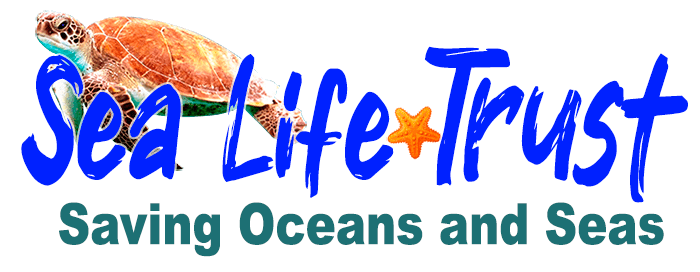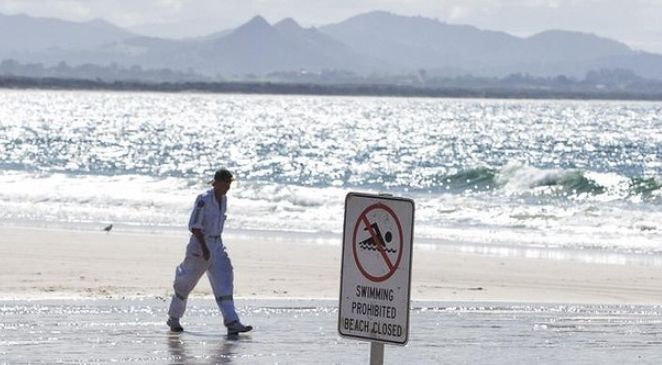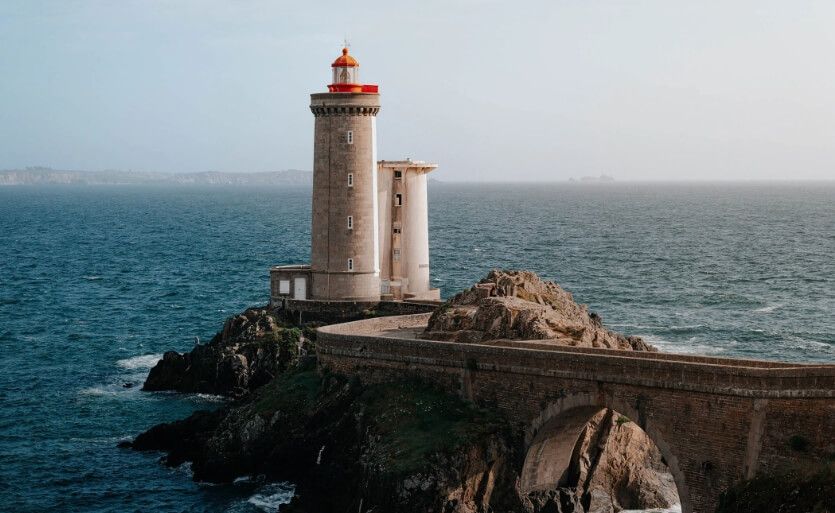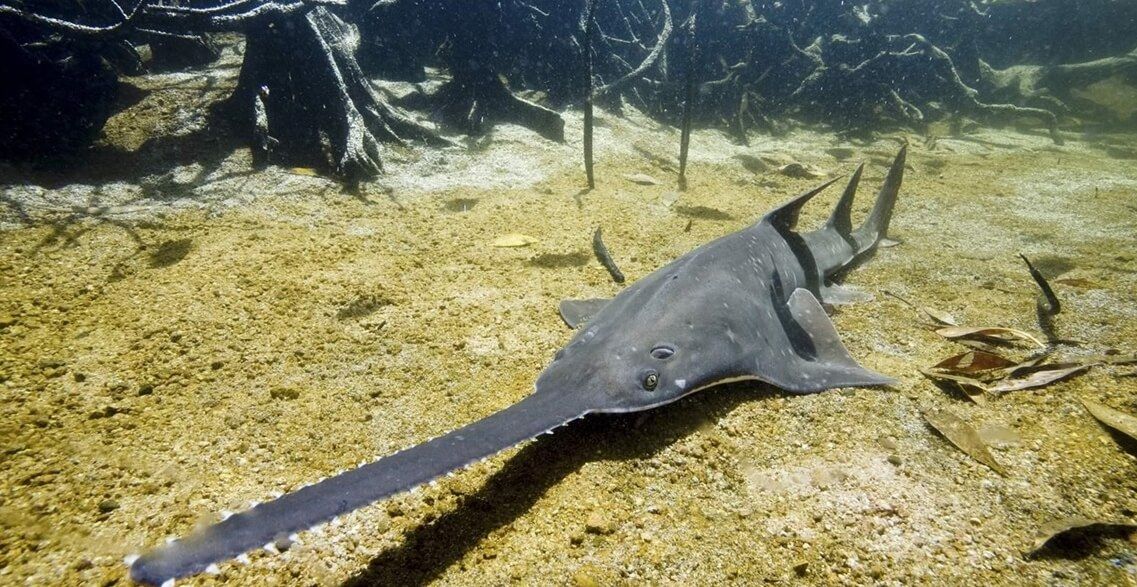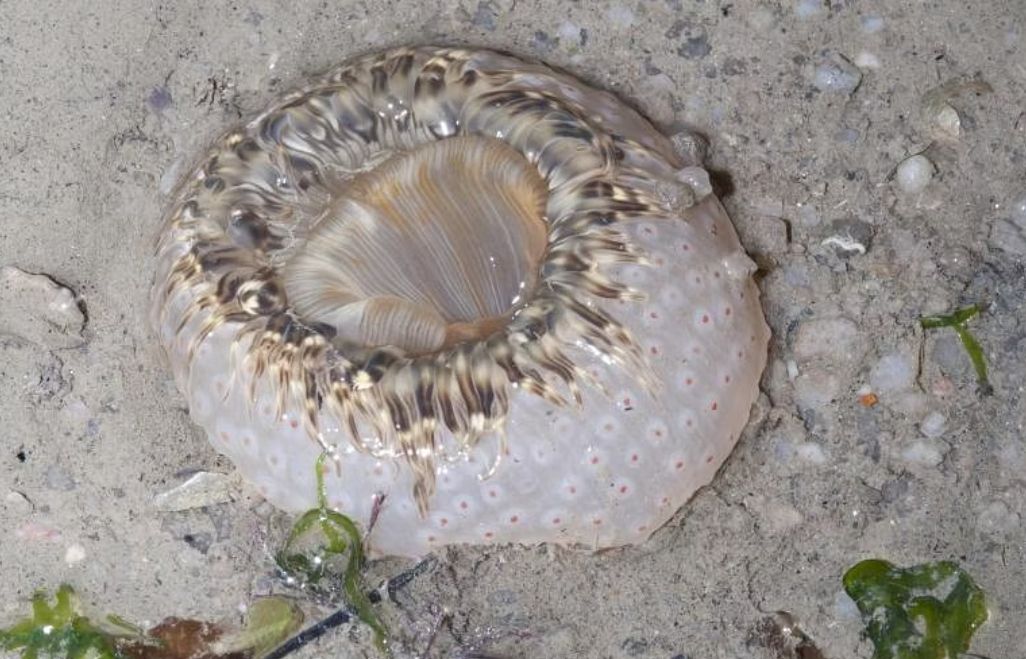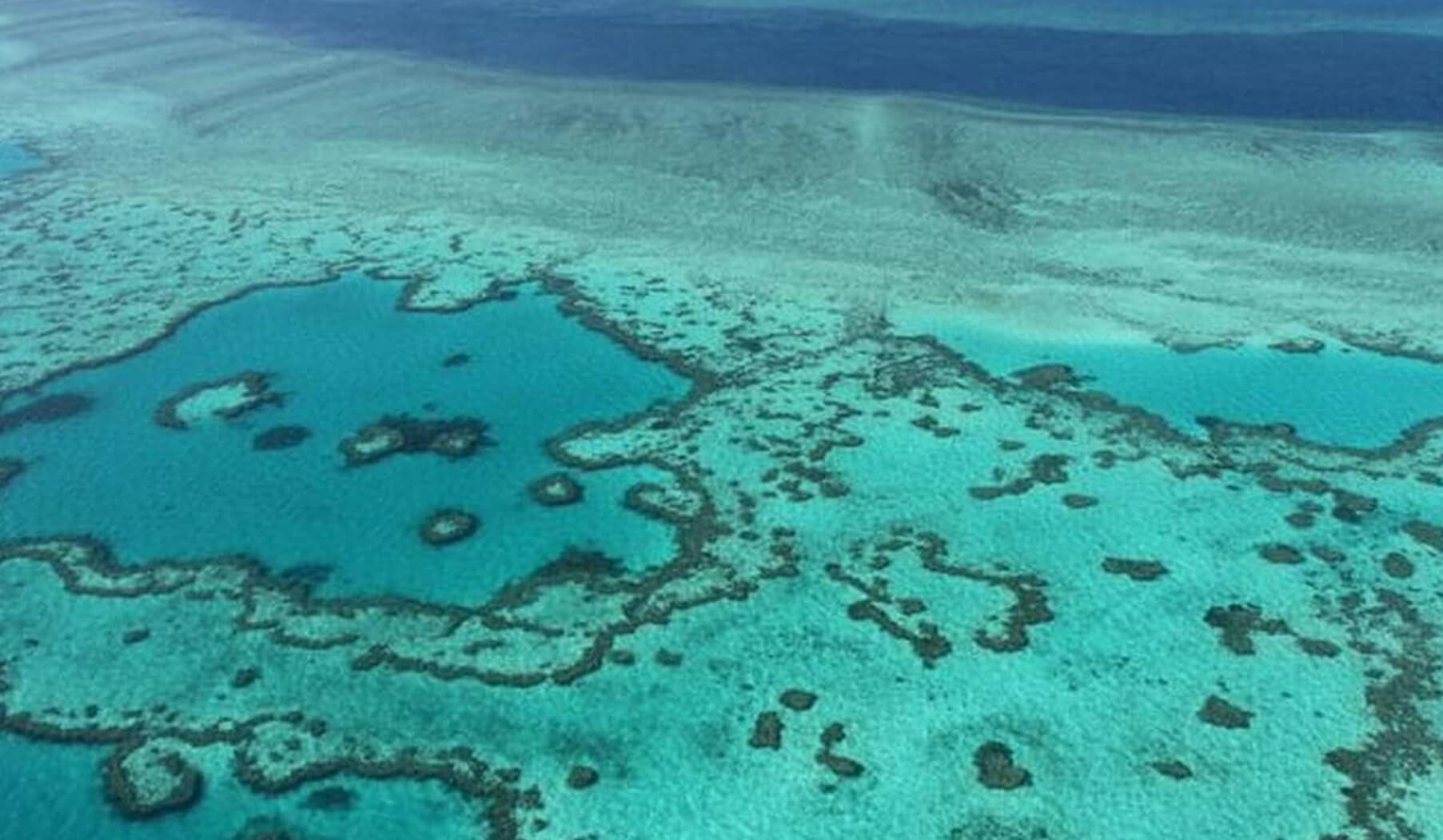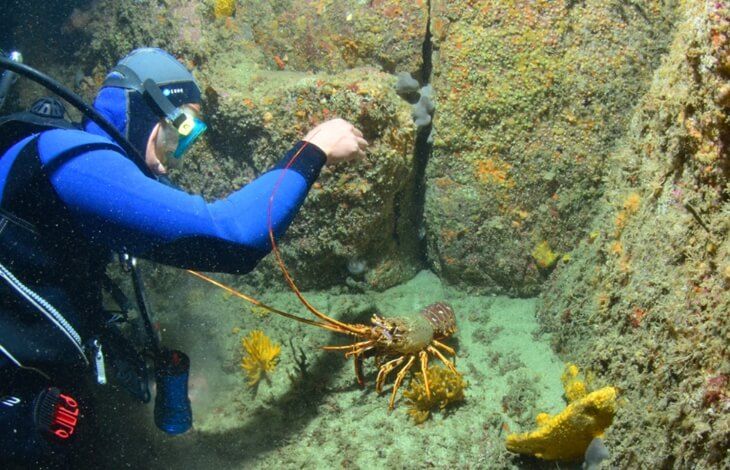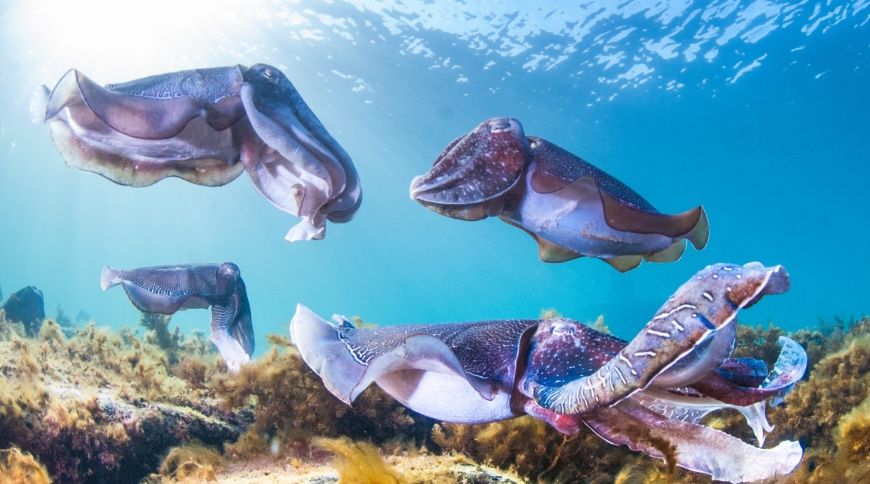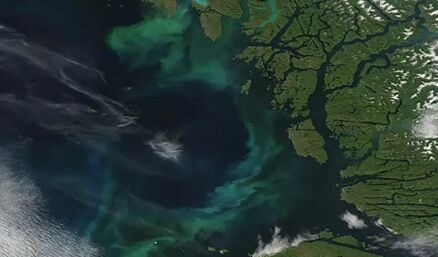Byron Bay, known for its premier surf spot, The Pass, faced a tragic incident with a fatal shark attack on local resident Paul Wilcox at Clarkes Beach. The beach and surrounding areas remained closed as the coastalwatch reported messy waves and unfavorable surf conditions.
However, the aftermath of this incident revealed a shift in the beach culture’s attitude towards sharks and shark culling. In the past, fatal attacks would cause fear, leading people to avoid the water for days. Early colonists’ records from 1791 documented one of the first fatal shark attacks on an Aboriginal woman in Port Jackson, solidifying sharks as perceived threats.
Following World War I, the Surf Life Saving movement aimed to make beach culture an integral part of Australia’s identity. After well-publicized fatal attacks at Bondi, Maroubra, North Narrabeen, and Manly, shark nets were installed along Sydney beaches in 1936. Since then, no attacks have occurred at netted beaches. Despite this, opposition to the netting program has grown, with leading green groups advocating for their removal.
Furthermore, a significant shift in attitude emerged when conservationists began calling for an end to shark culling. In Western Australia, a culling program was initiated after seven people were taken by sharks between 2010 and 2013. The cull targeted great whites, bull sharks, and tiger sharks over three meters in length. Animal rights activists, celebrities, and environmental organizations raised their voices against this practice, holding rallies globally.
The NSW government, while taking measures to protect certain shark species like the grey nurse shark, faces criticism over its shark netting program. The media’s role in sensationalizing shark attack stories has led to government overreaction at times.
In response to the recent incident in Byron Bay, a No Shark Cull rally drew about 1000 participants at Manly, demonstrating the growing opposition to culling practices. Manly’s Sharnie Connell, an advocate against culling, highlighted the importance of respecting the ocean’s wilderness and the need for responsible decisions when entering its domain.
Conservationists argue that the sea belongs to sharks, and humans must assess the risks before entering their habitat. Killing animals for political reasons is unjust, according to Sharnie Connell.
As we move forward, it’s essential to embrace a more balanced approach to coexistence with marine life, taking steps to protect both sharks and human communities. The debate over shark culling continues to evolve, and we must engage in informed discussions to find sustainable solutions that preserve the delicate balance of our oceans.
